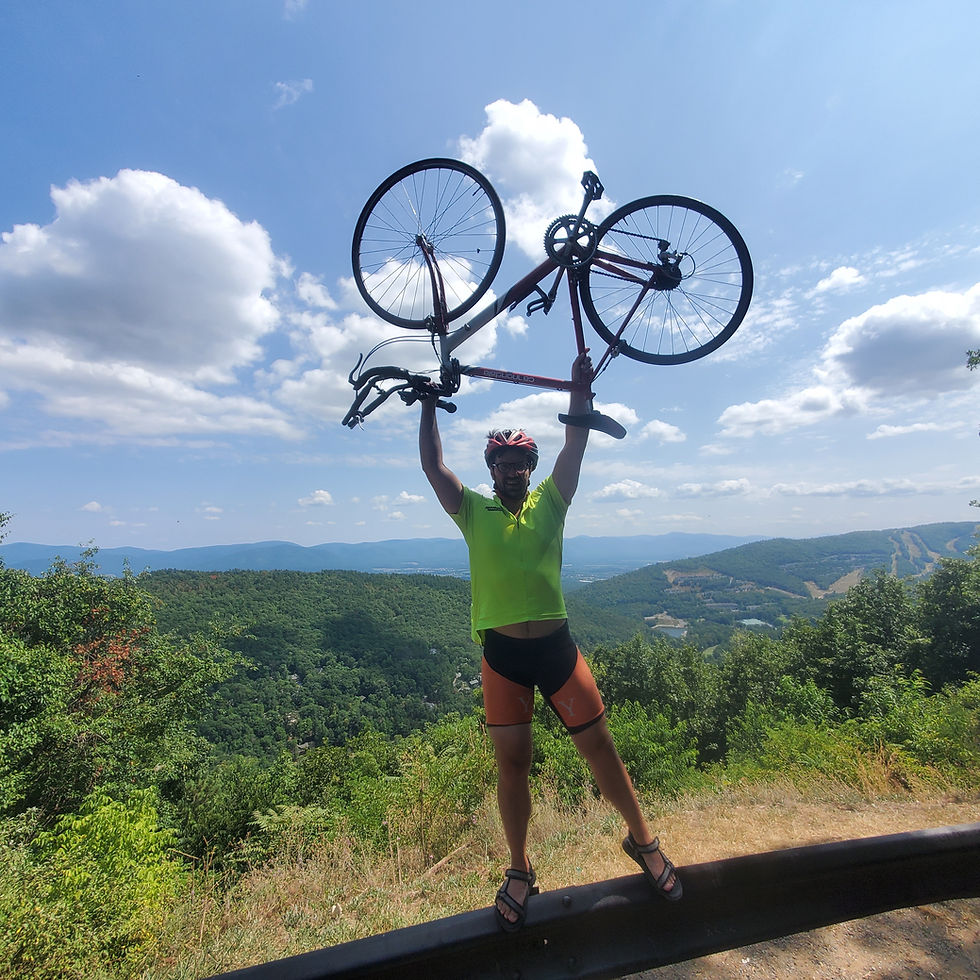The Evaluation Break
- James Makula
- Dec 26, 2024
- 3 min read
Over the last year (and a bit more, depending on how closely you follow sports), Caitlyn Clarke has taken women's basketball by storm. She torched NCAA competition for years, and had a solid start to her WNBA career this year, but there was a pretty heavy learning curve in this latest leg of her journey, and she had a few rough games spattered amongst some solid games. She was looking to not only be a great rookie, but even a solid WNBA player all the way up to a break in the regular season, but then something very important happened.
The 2024 Olympics took place during the WNBA season, so they had an extended break this year compared to the previous few. After that extended break Caitlyn was NUTS. She was then not only looking like a solid player, but she was looking like an all-star.
From pre-break to post-break, Clarke upped her points per game by 35%, and it was even at a more efficient rate. There are probably 100 different reasons she played so well post-break, but I'd like to look back at some anecdotal experience of mine to help explain one of those possibilities.
Back when I was playing collegiate tennis, I got injured and missed a month, where I couldn't practice or play in any matches. This period gave me a chance to look at the game through a whole different lens. I certainly wasn't experienced enough to be a coach, but I'd watch my friends play their matches, and during rest breaks, I'd mention a few things I was noticing while they were playing. I spent a lot of time, and this is important, envisioning what I would have done if I was in my teammate's situation. I spent a lot of time thinking back to all of the mistakes I made while playing, and that forced break from being able to play allowed my brain to finally put it all together. It put together this puzzle that was otherwise impossible while in the midst of it all.
Once I got back on the court, my play significantly improved. I remembered those bits of advice I offered to my teammates, and I started thinking of what advice I'd give myself if I were still watching from outside the court.
While I don't know for certain that Caitlyn went through a similar experience during her break, it's hard for me to not think that somebody like Caitlyn didn't take advantage of that opportunity. It was almost like she was a rookie early on but a veteran after the break.
I believe that these breaks, even micro-breaks are something that we need to utilize in all aspects of our lives way more often. We need to take a look through a different lens and really evaluate the way we've been going about our processes. One way I'm doing that now is reading some articles by some friends here and looking at it through the lens of an editor. I've realized I'm both terrible at being an editor and mediocre as a writer, and there's nothing wrong with that! I'm slowly recognizing the areas that I need to improve in.
It all reminds me of what Dr. Charles Sidney Burwell, the former Dean of the Faculty of Medicine at Harvard, said, "Half of what we are going to teach you is wrong, and half of it is right. Our problem is that we don't know which half is which." Rethinking your problems and processes is a great way to figure out which half you're wrong about.


Comments